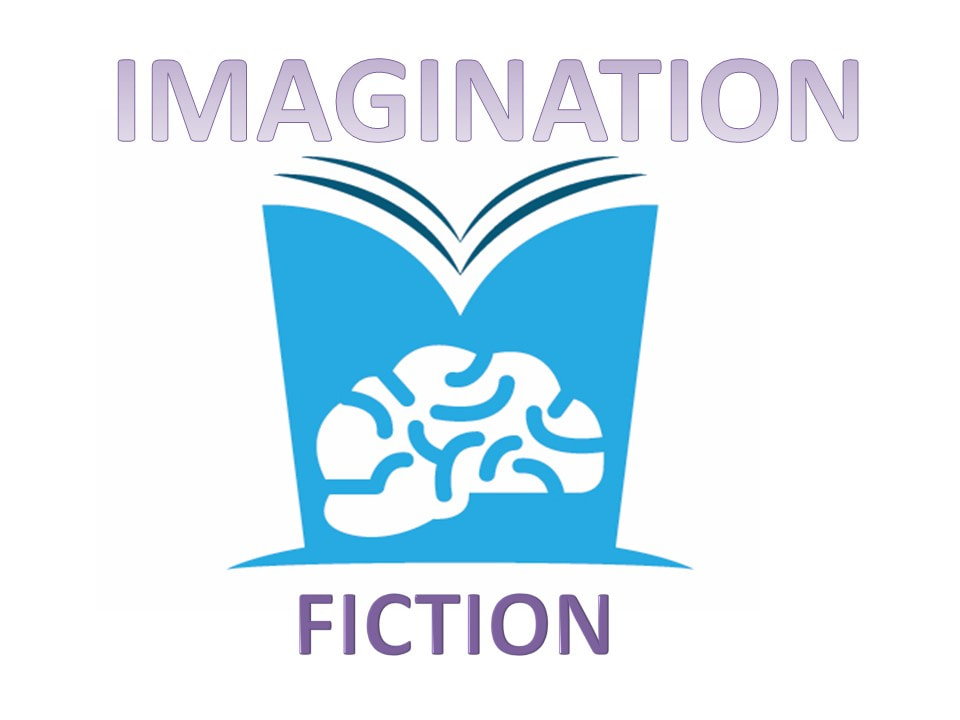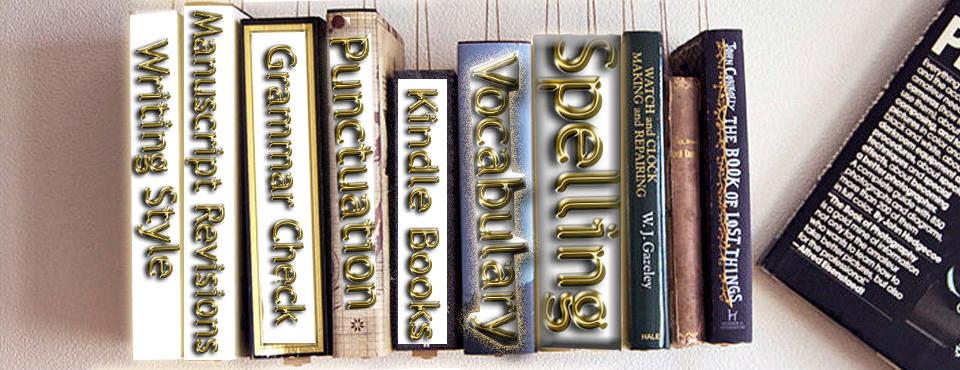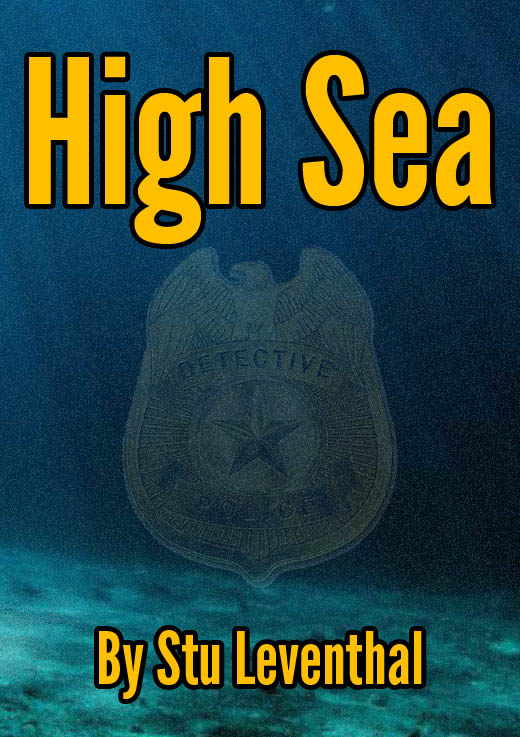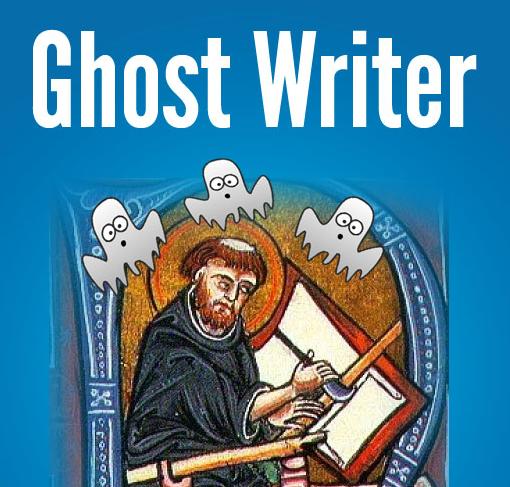The Truth About Fiction
by STU LEVENTHAL
Fiction is the grouping of literature that deals with imaginary characters, fake things and situations and make-believe stories invented by their authors. Contrived tales, feigned events, writings that are irrespective of the element of truth; fairy tales, fantasy writing, sci-fi, all fall under the literary category of fiction.
Fiction is the grouping of literature that deals with imaginary characters, fake things and situations and make-believe stories invented by their authors. Contrived tales, feigned events, writings that are irrespective of the element of truth; fairy tales, fantasy writing, sci-fi, all fall under the literary category of fiction.
Use of the imagination obviously plays an all important role in the work of the fictionist whose stories are usually fabricated for entertainment purposes. Although being made up stories, plenty of fiction books, novels and short stories still contribute to learning and knowledge in valuable ways such as teaching life lessons, such as in fables, legends, Greek Myths and other stories that end with a moral. Creative Fictional Literature, although fake, contrived and invented is generally not written with the intention to deceive. For the most part fiction writers use fiction as a technique to explore things and situations that they feel might be possible.
Yes, fiction writers distort history, fabricate incredible characters and suggest the impossible. Fictionists make up details and present fanciful explanations. Fiction allows authors to present theories and or to suggest alternatives and to explore what might have happened, despite they have no facts to back up their assumptions. But, Fiction in literature is rarely used for the sole purpose of passing off falsified information. Through the use of fiction the author can actually search for a higher truth and a more meaningful truth that hopefully will help us all arrive at better, deeper, more thorough answers to life’s many questions.
And so, we see that it is quite possible for the fictionist to arrive at the real truth much more quickly and with more clarity than the nonfictionist despite the use of the imagination and made up scenarios.
PROOFREADING - EDITING SERVICES
PROOFREADING - EDITING SERVICES
COMPLIMENTARY QUOTES!
FICTION TERMINOLOGY:
FLASH FICTION – 1 PAGE STORY (or less). To learn the ins and outs of writing flash fiction check out our flash page!
SHORT STORY – 1-35 PAGE STORY
NOVELLA – 36 – 89 PAGE STORY
NOVEL – 89 PAGE STORY (and up!)
VIGNETTE – Usually, a short fictional piece, never a fully developed tale but more like a single scene or a brief incident.
FICTIONIONAL PLAY – Fiction written to be performed on a theater stage.
FICTIONAL SCREEN PLAY – Fiction written to be performed and filmed by cameras
REALISTIC FICTION – Is generally considered a fictional work that isn’t true but has the possibility of being true.
UNREALISTIC FICTION – Is a fictional work that could never be possible.
SEMI FICTIONAL – A work of literature that is half fiction and half nonfiction. Usually a fact based tale where the story is partially true but the characters are made up or the true plot is enhanced or altered for more drama or entertainment value. Frequently the ending is the most fabricated. But, no matter how much truth goes into a story, if the author uses his imagination anywhere in the telling, it cannot be classified as nonfiction.
ANTI-STORY – A work of fiction that is not written in the form of a story but like an essay or mimicking a traditional form of nonfiction.
FAIRY TALE – A made up adventurous story involving fantastic imaginary creatures; goblins, wizards, unicorns, talking animals…
FABLE – An imaginary tale involving supernatural happenings, usually told with a teaching motive or moral involved.
FLASH FICTION – 1 PAGE STORY (or less). To learn the ins and outs of writing flash fiction check out our flash page!
SHORT STORY – 1-35 PAGE STORY
NOVELLA – 36 – 89 PAGE STORY
NOVEL – 89 PAGE STORY (and up!)
VIGNETTE – Usually, a short fictional piece, never a fully developed tale but more like a single scene or a brief incident.
FICTIONIONAL PLAY – Fiction written to be performed on a theater stage.
FICTIONAL SCREEN PLAY – Fiction written to be performed and filmed by cameras
REALISTIC FICTION – Is generally considered a fictional work that isn’t true but has the possibility of being true.
UNREALISTIC FICTION – Is a fictional work that could never be possible.
SEMI FICTIONAL – A work of literature that is half fiction and half nonfiction. Usually a fact based tale where the story is partially true but the characters are made up or the true plot is enhanced or altered for more drama or entertainment value. Frequently the ending is the most fabricated. But, no matter how much truth goes into a story, if the author uses his imagination anywhere in the telling, it cannot be classified as nonfiction.
ANTI-STORY – A work of fiction that is not written in the form of a story but like an essay or mimicking a traditional form of nonfiction.
FAIRY TALE – A made up adventurous story involving fantastic imaginary creatures; goblins, wizards, unicorns, talking animals…
FABLE – An imaginary tale involving supernatural happenings, usually told with a teaching motive or moral involved.





 RSS Feed
RSS Feed
